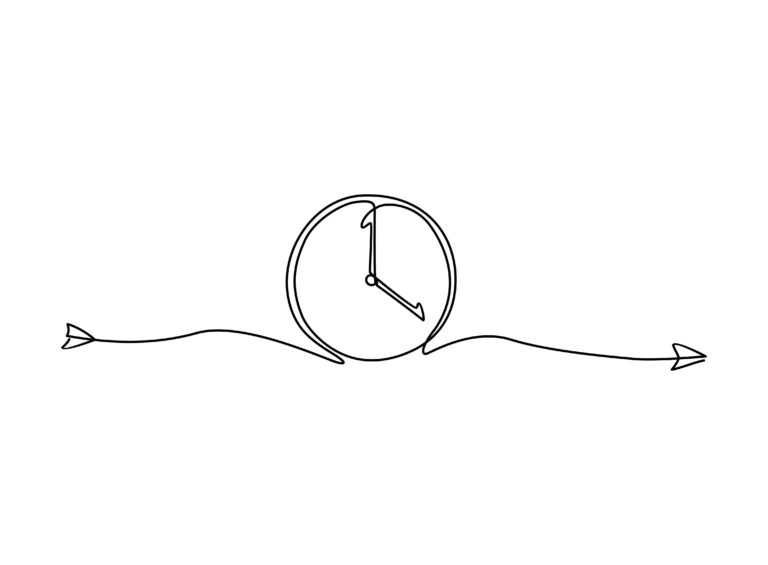Concert photography is a popular form of capturing live performances and events, but it is more than just taking pictures. It is an art form that engages both our reflexes and cognitive function. In this article, we will explore how concert photography can stimulate our senses and contribute to our overall brain function.
Firstly, let’s define what reflexes and cognitive function mean. Reflexes are involuntary reactions to stimuli that help us respond quickly to our surroundings. For example, when something suddenly appears in our field of vision, our reflexes kick in, and we instinctively move our head or eyes towards it. On the other hand, cognitive function refers to the mental processes that allow us to think, learn, and remember information. This includes perception, attention, memory, and problem-solving.
Now, let’s dive deeper into how concert photography engages our reflexes and cognitive function. One of the most critical aspects of concert photography is being able to capture the perfect moment. A concert is a dynamic environment, with performers moving around the stage, lighting changing constantly, and fans singing and dancing. As a photographer, you need to be quick on your feet and have excellent reflexes to capture these fleeting moments. You need to anticipate the movements of the performers and be ready to capture the perfect shot at any given moment. This constant alertness and quick reaction time engage our reflexes, keeping them sharp and responsive.
Moreover, concert photography requires a great deal of concentration and focus. To capture stunning photos, a photographer needs to have a keen eye for detail and be able to block out distractions. With thousands of people in the audience and loud music blasting, it can be challenging to stay focused. However, this constant practice of focusing on the subject amidst a chaotic environment helps improve our cognitive function. It enhances our ability to filter out distractions and pay attention to what’s important – a valuable skill in our daily lives.
In addition to engaging our reflexes and cognitive function, concert photography also stimulates our creativity. As a photographer, you are constantly looking for unique angles, lighting, and compositions to capture the essence of the performance. This requires thinking outside the box and being creative with your shots. The act of constantly seeking new and innovative ways to capture a performance exercises our cognitive function, strengthening our ability to think creatively in other areas of our lives.
Furthermore, concert photography also involves problem-solving skills. Sometimes, the lighting may not be ideal, or the performers may be moving too quickly for you to capture a clear shot. In such situations, a photographer needs to think quickly and come up with solutions on the spot. This helps improve our problem-solving abilities and trains our brains to think critically and make quick decisions.
Beyond the technical aspects, concert photography also has emotional and psychological benefits. Attending a concert and capturing it through your lens can be an incredibly enjoyable and fulfilling experience. The adrenaline rush of being in a live setting, the sense of accomplishment when you capture the perfect shot, and the joy of sharing your photos with others all contribute to positive emotions. These positive emotions have been linked to improved cognitive function and overall well-being.
In conclusion, concert photography is more than just taking pictures; it is a multi-sensory experience that engages our reflexes and cognitive function. It challenges us to be quick on our feet, focused, creative, and decisive – all qualities that contribute to a healthy and active brain. So next time you attend a concert or any live event, take your camera along and see how it can enhance your reflexes and cognitive function while capturing unforgettable memories.





